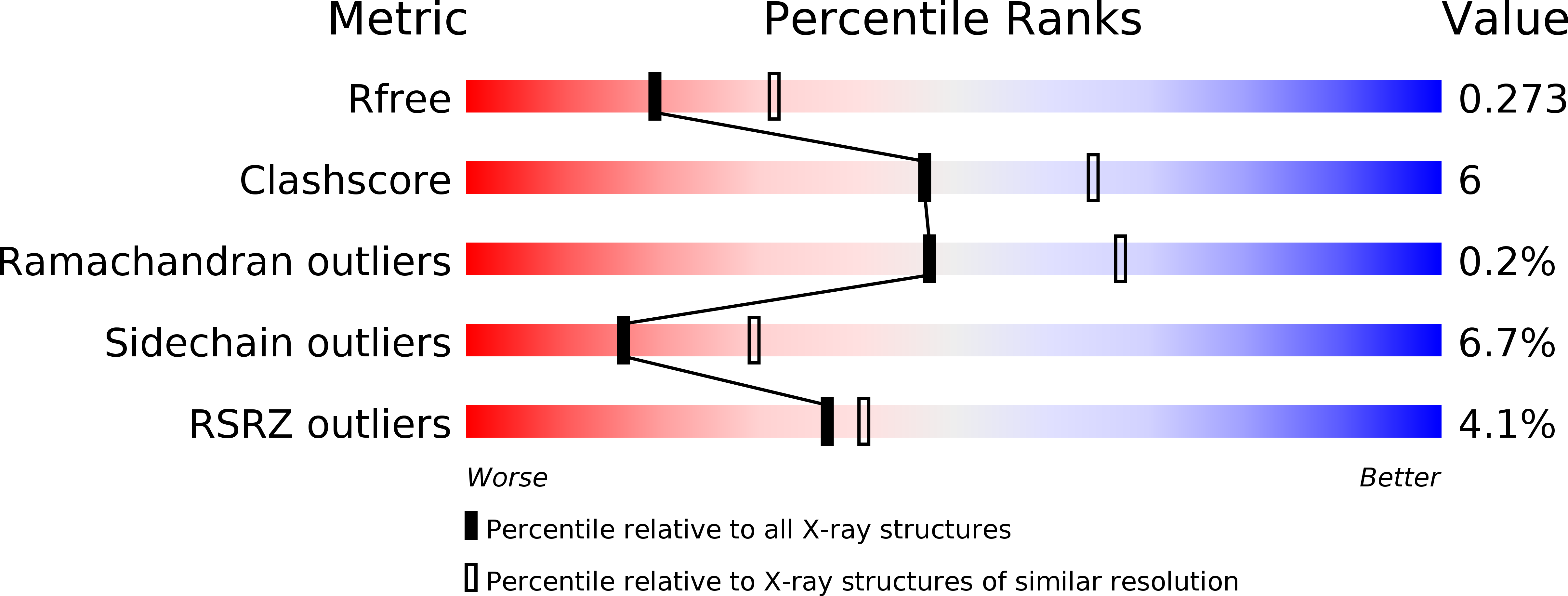
Deposition Date
2015-04-03
Release Date
2016-03-02
Last Version Date
2024-10-09
Entry Detail
Biological Source:
Source Organism(s):
Arabidopsis thaliana (Taxon ID: 3702)
Arabidopsis (Taxon ID: 3701)
Arabidopsis (Taxon ID: 3701)
Expression System(s):
Method Details:
Experimental Method:
Resolution:
2.51 Å
R-Value Free:
0.27
R-Value Work:
0.22
R-Value Observed:
0.23
Space Group:
P 43 2 2


